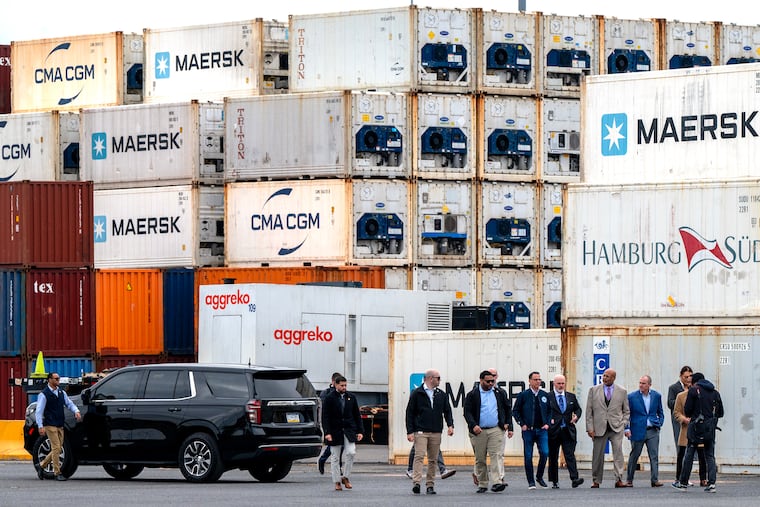Cholera outbreak in Sudan leads to corpses found in the Nile River.

In the wake of Sudan’s army regaining control of the capital region of Khartoum in March, many individuals have returned to reconnect with family and inspect their homes. While the return of tens of thousands brings hope, it is overshadowed by the stark realities of the extensive devastation inflicted by the prolonged struggles involving the Rapid Support Forces (RSF). This paramilitary group has been involved in a conflict with the Sudanese Armed Forces (SAF), which is recognized both by many Sudanese citizens and the United Nations as the primary governing authority since the onset of hostilities in April 2023.
The challenges faced by the returnees are profound. In areas where hospitals and essential supplies—food and medicine—were systematically looted, many individuals are reporting sudden health issues upon their return. Omdurman, one of Khartoum’s three cities, saw an influx of residents seeking refuge after many neighborhoods remained relatively insulated from heavy attacks. However, this influx has led to severe overcrowding, exacerbating existing public health concerns, particularly the rise of cholera, an acute, waterborne illness endemic to the region.
Doctors and local volunteers report that worsening sanitary conditions are contributing to a troubling epidemic. The ongoing health crisis is noticeably aggravated by insufficient medical resources and the overwhelming number of individuals arriving at medical facilities. The already-strained health sector struggles to keep pace with the increasing number of patients, leading to calls for more substantial support and intervention from the Ministry of Health (MoH). Despite the challenges, local volunteers are rallying their communities, offering assistance such as distribution of meals to those affected by the conflict and the broader hunger crisis.
The ongoing humanitarian situation is compounded by widespread food insecurity. Approximately 25 million Sudanese, over half the population, are currently facing extreme food shortages due to years of destabilization, looting, and the destruction of agricultural resources. Such chronic food deprivation not only erodes the physical well-being of families but makes populations more susceptible to illnesses, including cholera. Experts warn that without immediate action, the death toll could be devastating, particularly among vulnerable populations, including children.
As health authorities and humanitarian organizations call for the restoration of essential services, the ongoing commitment of the community remains vital in seeking solutions to the multi-layered crisis affecting Sudan. There is a collective recognition that coordinated efforts and support from various sectors will be critical in navigating the complexities of recovery and healthcare access in the region.
Tags: #MiddleEastNews, #AfricaNews






